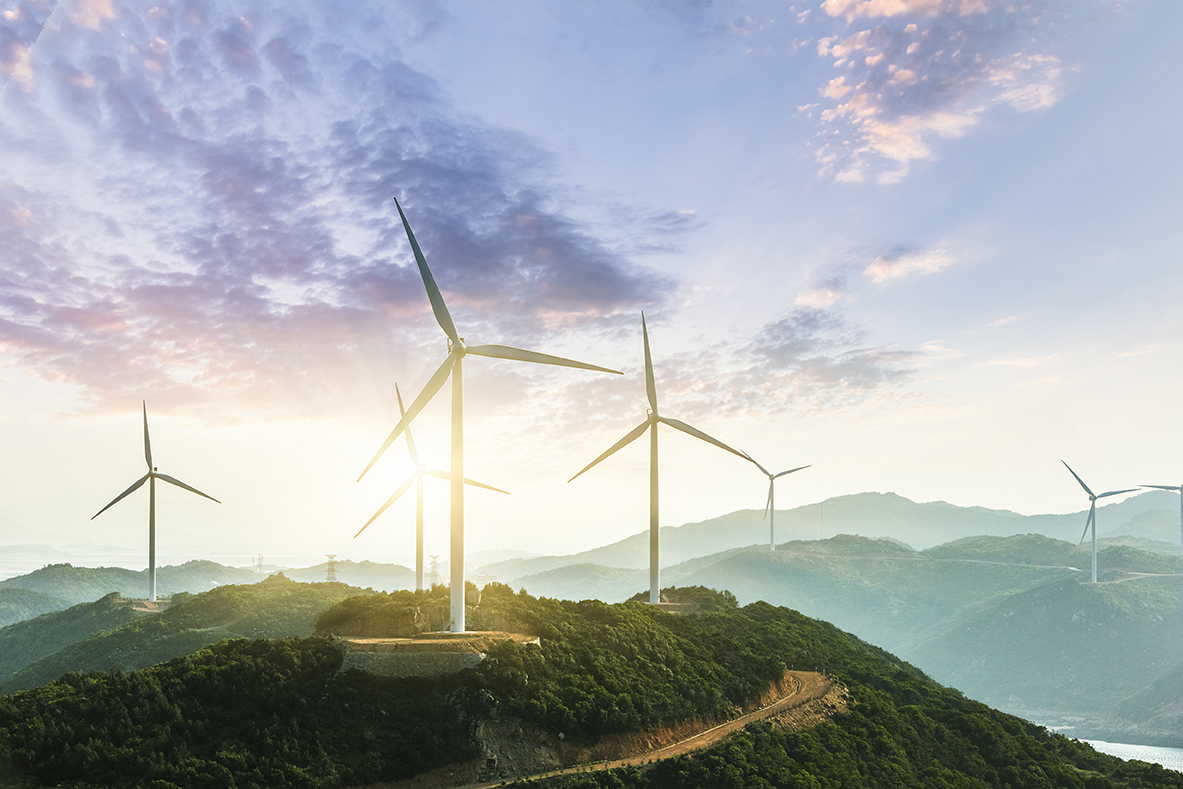
The Texas A&M Engineering Experiment Station (TEES) Clean Energy Incubator and its collaborators were among the eight projects and 19 organizations awarded more than $1 million to address gaps in clean-energy technology development and commercialization. The Wells Fargo Innovations Incubator (IN2) Channel Partner Awards Program is designed to foster the development of a robust cleantech ecosystem by funding innovative incubators, accelerators and universities, and promoting a collaborative network of knowledge sharing.
Researchers from the Clean Energy Incubator will collaborate with Rice University, the Austin Technology Incubator at The University of Texas at Austin and Texas State University on a series of programs and initiatives that will help catalyze the next generation of cleantech entrepreneurs and serve as a feeder to the IN2 program. Referred to as “the IN2Bound Cleantech Accelerator Program,” they will receive $275,000 in funding to help educate entrepreneurs and accelerate startups, and connect them to a network of experts to provide technical support and mentorship.
“This grant will allow us to increase our outreach to TEES member institutions in Texas while adding a clean energy component to existing TEES initiatives such as the Texas A&M New Ventures Competition,” said John Pappas, director of the TEES Clean Energy Incubator.
“The Channel Partner Awards Program supports IN2’s ultimate goal of building resilient, smart and connected communities by encouraging the development of a strong, multistakeholder cleantech ecosystem that will collectively support and drive innovation to enable greater urban sustainability,” said Ashley Grosh, Wells Fargo vice president and IN2 co-lead. “Each of the recipients of the 2017 IN2 Channel Partner Awards Program has displayed a talent for innovation, disruption and commitment to clean technology.”
“IN2 has engaged stakeholders from universities, incubators and accelerators in an effort to give a voice to local community challenges and solutions and to create a strong, collaborative ecosystem of startup support across the country,” said Richard Adams, director of the Innovation and Entrepreneurship Center at the National Renewable Energy Laboratory. “Our mission is to nurture an ecosystem where more startups and innovators receive the technical and financial backing, as well as business mentoring and encouragement they need at their earliest stages in order to advance toward commercialization of their technologies.”
The IN2 Channel Partner Awards Program was established with $5 million of committed funding to be distributed over four years. In 2016, the program supported more than 33 Channel Partners, encouraging them to engage with their local communities, attend IN2 events, and play an active role in helping develop the IN2 ecosystem, which currently includes 20 IN2 portfolio companies, more than 40 Channel Partners, and a variety of external clean technology stakeholders across the U.S.
Other Clean Tech Award recipients include:
• The California Institute of Technology, partnered with Clean Energy Trust: to establish the Rocket Fund Mid-West (RFMW), an interstate partnership bringing together sustainability-focused accelerators, utilities and universities in a community consortium, to help guide vulnerable Very Early Stage (VES) ventures through critical early stages. Pioneered in California, the Rocket Fund will offer a solution for one of the most intractable problems preventing cleantech innovations from reaching the marketplace – the lack of funding and necessary commercial partners for building, demonstrating and validating ‘pre-products’ in the real world.
• Carnegie Mellon University, partnered with Northwestern: to launch a new Center for Cleantech Entrepreneurial Excellence (C2E2). The goal of the center is to better understand how cleantech/energy innovation and entrepreneurship differ from other technology sectors. At a regional level, C2E2 will examine key success factors in early-stage company development and how societal outcomes can be enhanced as a result.
• Cleantech Group: to leverage its annual Cleantech Forum to capture key discussion points and identify themes to help further inform the direction of the IN2 program as it considers expanding into the food-systems space.
• Activation Energy, in support of the Cyclotron Road program: to disrupt the current partnering and investment model for bringing new technologies to market – which relies heavily on human networking – by developing a network leveraging Artificial Intelligence (AI) to identify a comprehensive list of strategic partners for emerging clean energy technologies. Working in partnership with Moxley Holdings and Rho AI, their model will identify future partners based on current investments, partnering trends, and natural language analysis of public statements.
• Innosphere: Colorado’s leading non-profit technology incubator will embark on a multi-year plan called Scaleup Colorado to systematically address three specific problems holding back Colorado’s science and technology ecosystem from growing at a higher rate and creating greater economic impact. These challenges include the need to grow Colorado’s technology GDP by growing startup support capacity, early stage companies achieving startup success and achieving more than $50 million in revenue per year, and limited access to capital.
• Los Angeles Cleantech Incubator (LACI), partnered with ACRE, Clean Energy Trust, Greentown Learn, and NextEnergy: to establish a standard for measuring and reporting the economic, environmental and social impact of the portfolio companies within their network. The team will leverage LACI’s Just Impact 2016 report and framework, and conduct individual research within organizations to evolve a common framework for training their staff and portfolio companies, and measuring and reporting on their individual impact results.
• NextEnergy, partnered with Prospect Silicon Valley: to ensure that the cleantech potential of CASE (Connected, Autonomous, Shared, Electrified) mobility solutions are fully realized, by entering into a sister city partnership between Detroit, MI and San Jose, California, to address two main challenges – connecting a cleantech innovation pipeline to industry players and market opportunities, and bringing private sector/industry partners together with government and NGO service providers to encourage a focus on serving low- to moderate-income market segments.
